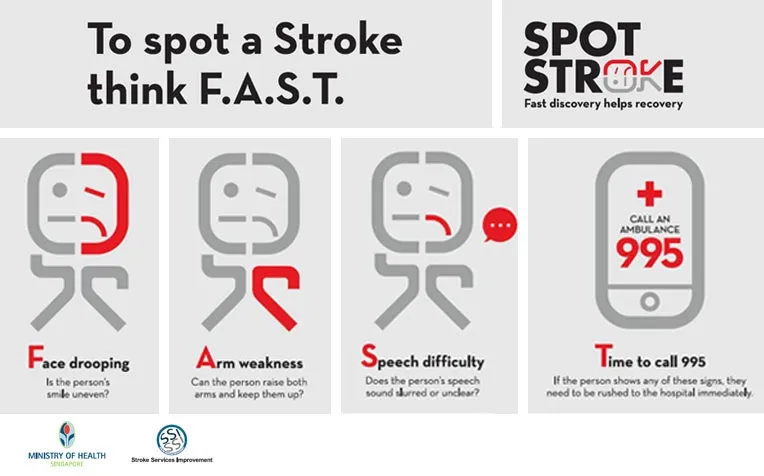
Stroke prevention is crucial for maintaining long-term heart health. A visit to a cardiologist can help you understand your risk factors and guide you on reducing them effectively.
This article will prepare you for your next appointment by providing 10 critical questions to ask your cardiologist about stroke prevention.
1. What Are My Risk Factors for Stroke?
Understanding your risk factors for stroke is essential. These may include age, family history, lifestyle, and underlying health conditions. Your cardiologist will assess these risks and help you understand how they influence your stroke likelihood. Identifying risk factors early can significantly impact your prevention strategy.
2. How Can I Reduce My Stroke Risk?
A cardiologist plays a key role in identifying factors contributing to stroke risk and developing a personalised prevention plan. Singapore cardiologists are experts in managing heart health, suggesting lifestyle changes, and providing treatment for conditions that could lead to a stroke. Ongoing care, with regular consultations, is crucial for effective stroke prevention.
3. What Role Does Blood Pressure Play in Stroke Prevention?
High blood pressure is a leading cause of stroke. Managing your blood pressure is one of the most important aspects of stroke prevention. Ask your cardiologist for advice on effectively controlling blood pressure, whether through lifestyle changes, medication, or both.
4. How Can Cholesterol Levels Impact Stroke Risk?
Cholesterol management is another critical component of stroke prevention. High levels of bad cholesterol (LDL) can contribute to plaque buildup in the arteries, which increases stroke risk. Inquire about strategies to monitor and control cholesterol levels to help reduce your risk.
5. What Heart Conditions Should I Be Aware of for Stroke Prevention?
Certain heart conditions, such as atrial fibrillation, can increase the risk of stroke. Understanding these conditions and how they affect your stroke risk is vital. Your cardiologist can suggest treatments and management options to minimise this risk.
6. What Tests Should I Undergo to Assess My Stroke Risk?
Ask your cardiologist about the tests and screenings available to assess your stroke risk, such as blood tests, ECGs, or carotid artery ultrasound. These tests help identify underlying issues and provide insight into managing your stroke risk effectively.
7. How Often Should I See a Cardiologist for Stroke Prevention?
The frequency of check-ups will depend on your age, health history, and risk factors. Ask your cardiologist how often you should visit for stroke prevention consultations to ensure that you’re on track to reduce your risk.
8. Are There Any Medications That Can Help Prevent a Stroke?
Certain medications, such as blood thinners or statins, may help lower stroke risk by controlling blood clotting and cholesterol levels. Certain blood pressure lowering agents are also very effective in reducing the risk of stroke.
Ask your cardiologist about any prescribed medications that could help you, and discuss the potential benefits and side effects.
9. How Can I Manage My Stress to Prevent a Stroke?
Stress can negatively impact heart health and increase stroke risk. Inquire with your cardiologist about effective ways to manage stress, whether through lifestyle changes, mindfulness practices, or therapy.
10. What Are the Early Signs of a Stroke I Should Be Aware of?
Knowing the warning signs of a stroke is essential for timely intervention.
Think FAST. These may include Face drooping, Arm weakness or numbness, Speech Difficulty, Time to call 995. Think FAST. Seek immediate medical attention if you notice any of the above symptoms or signs.

Take Control of Your Heart Health with Proper Guidance
Asking these questions during your visit to a cardiologist in Singapore will give you a clearer understanding of your stroke risk and how to manage it. By taking an active role in your heart health, you can reduce your chances of having a stroke.
At Gerard Leong Cardiology Clinic, we with our neurology colleagues can provide personalised stroke prevention advice tailored to your unique needs. Schedule a consultation today to discuss your heart health with a specialist.
